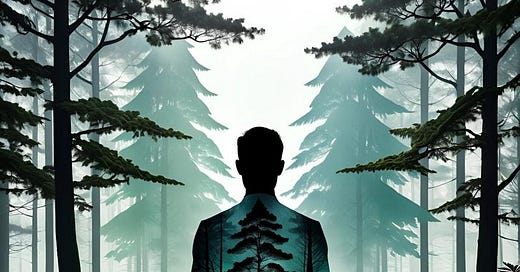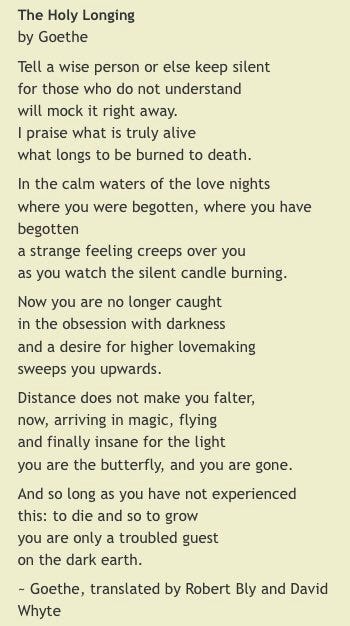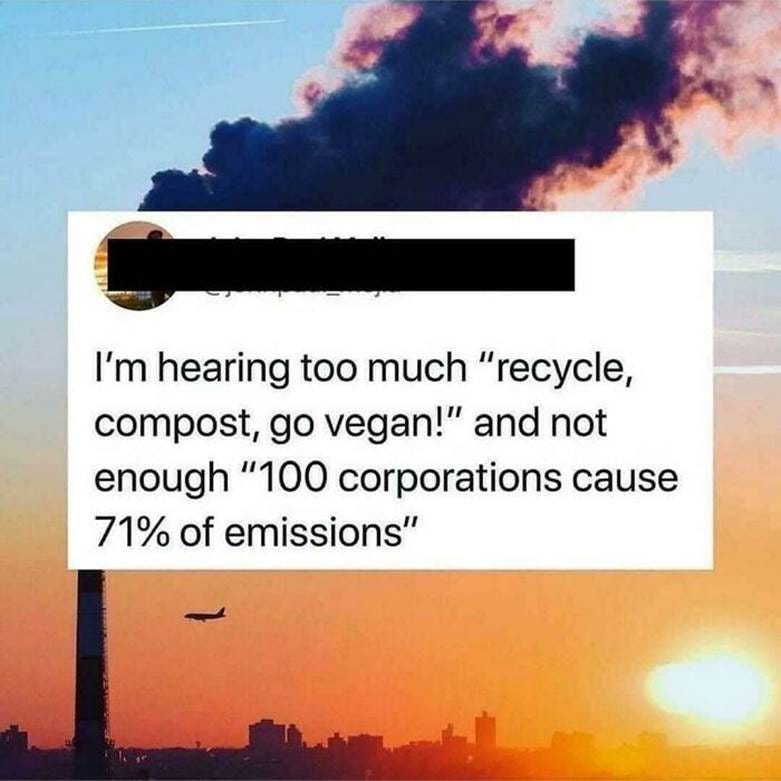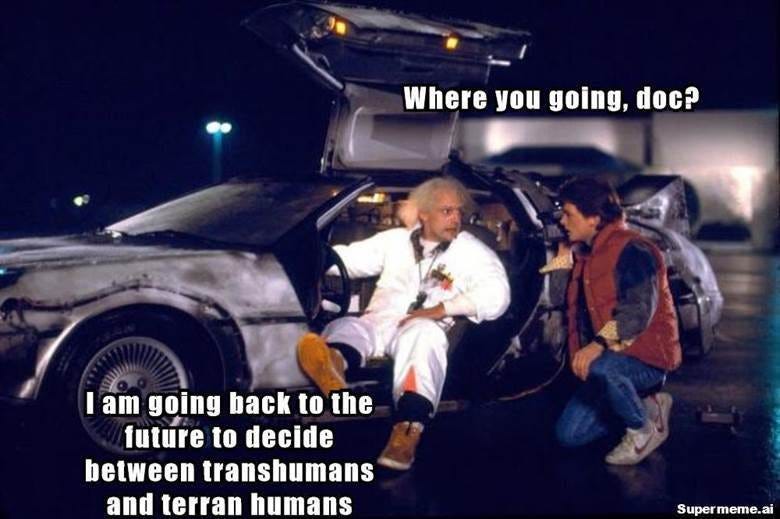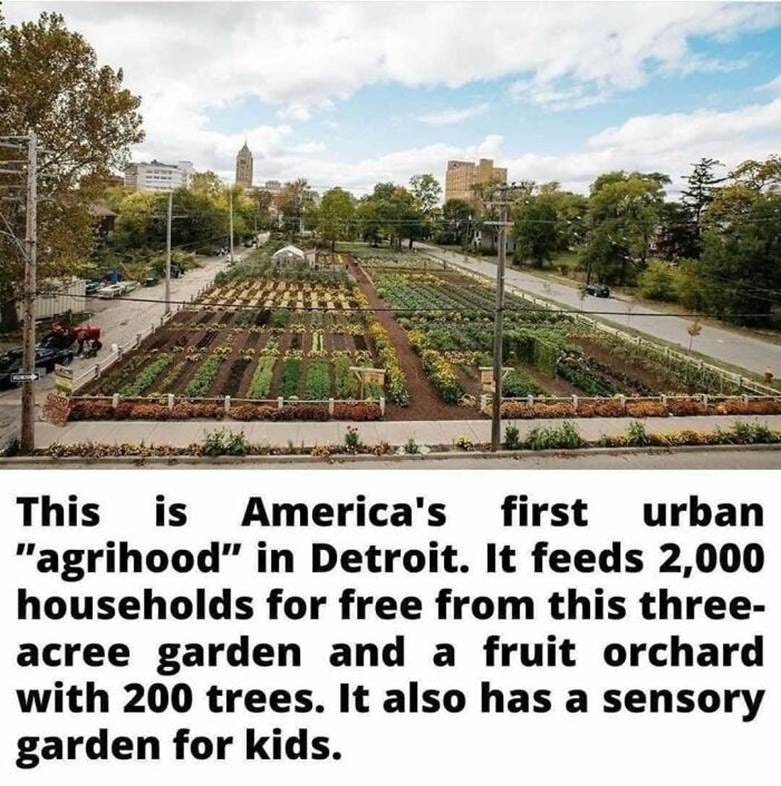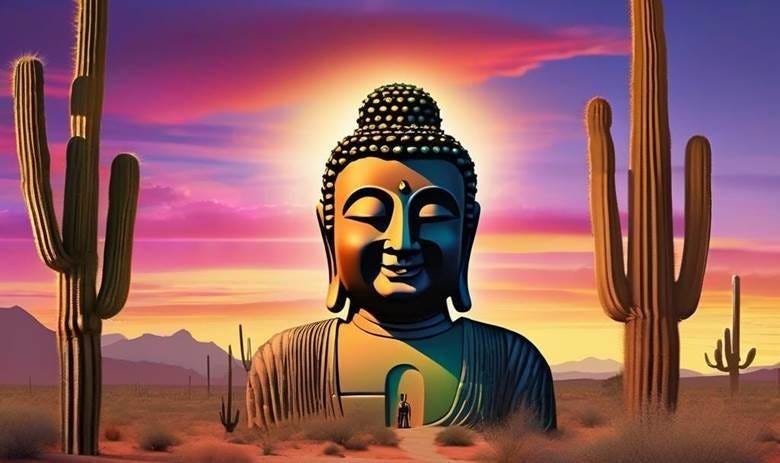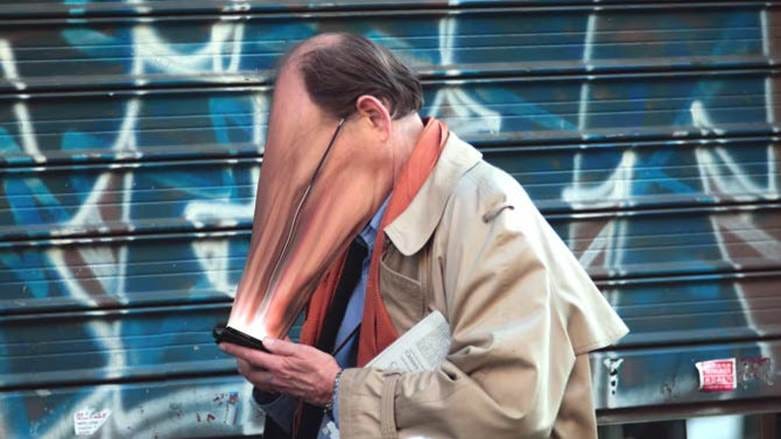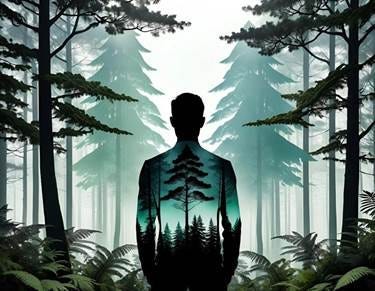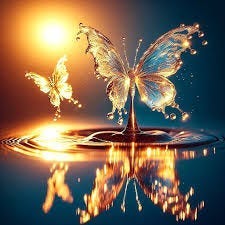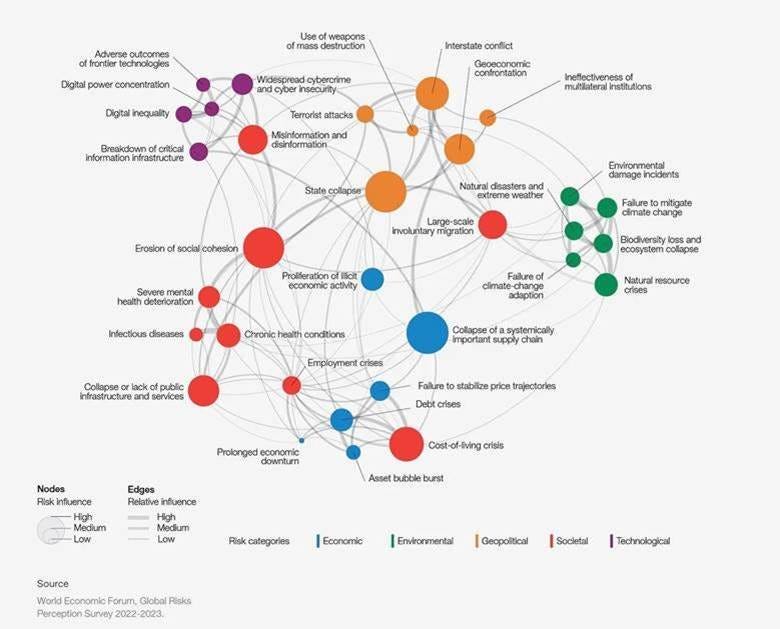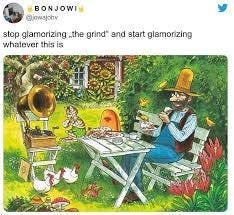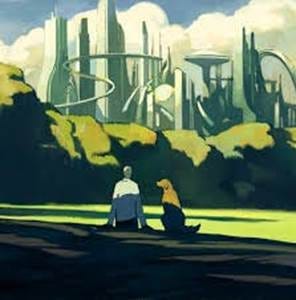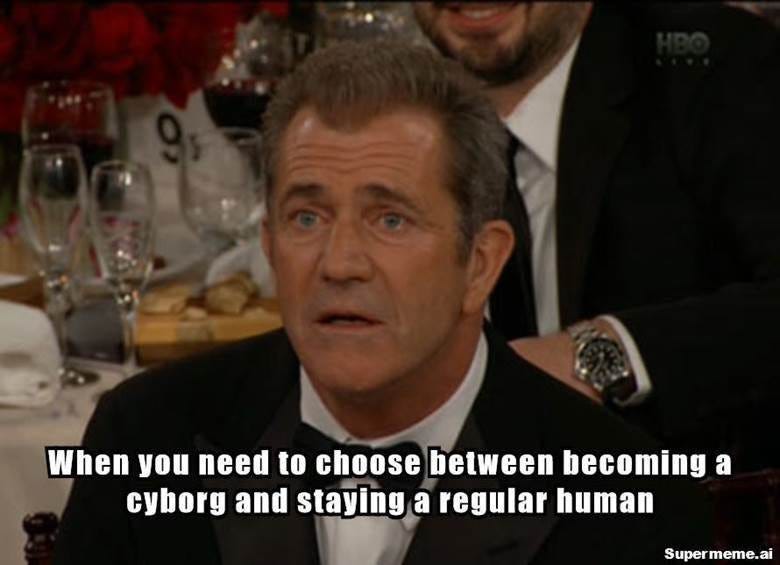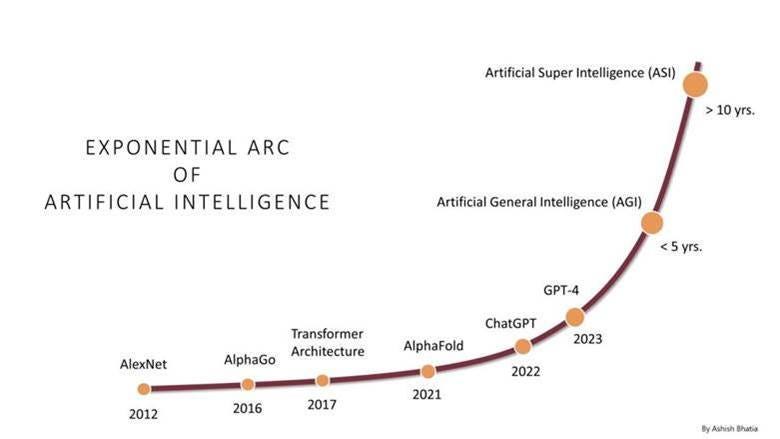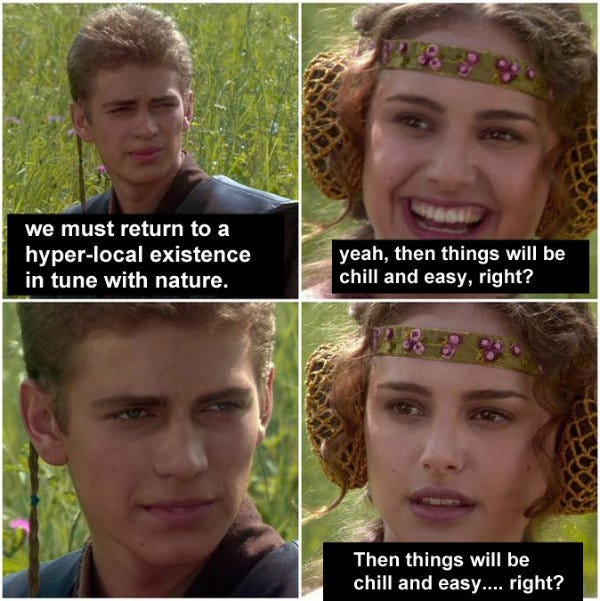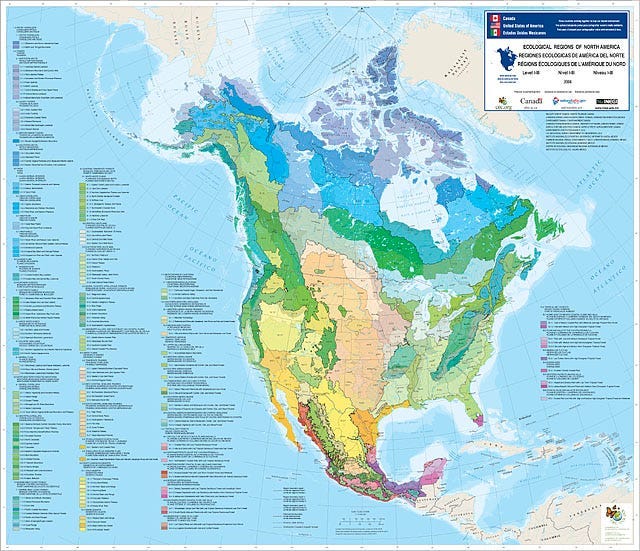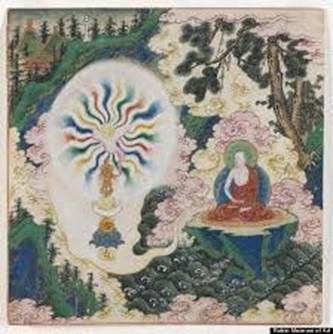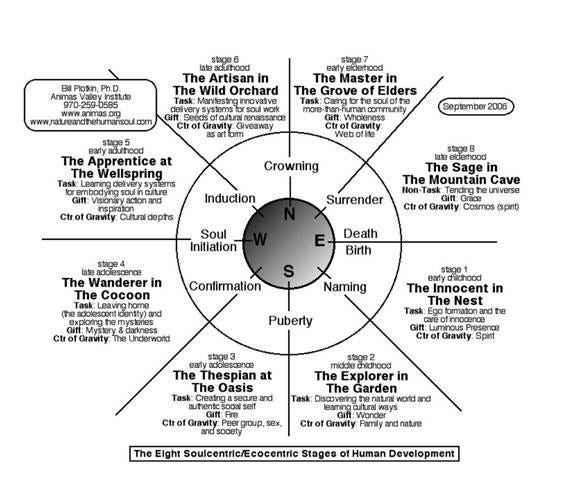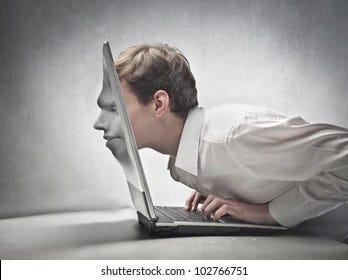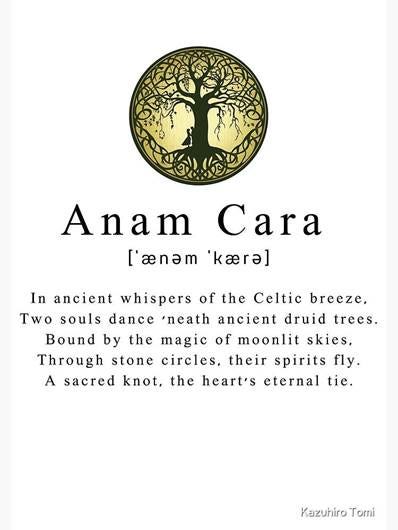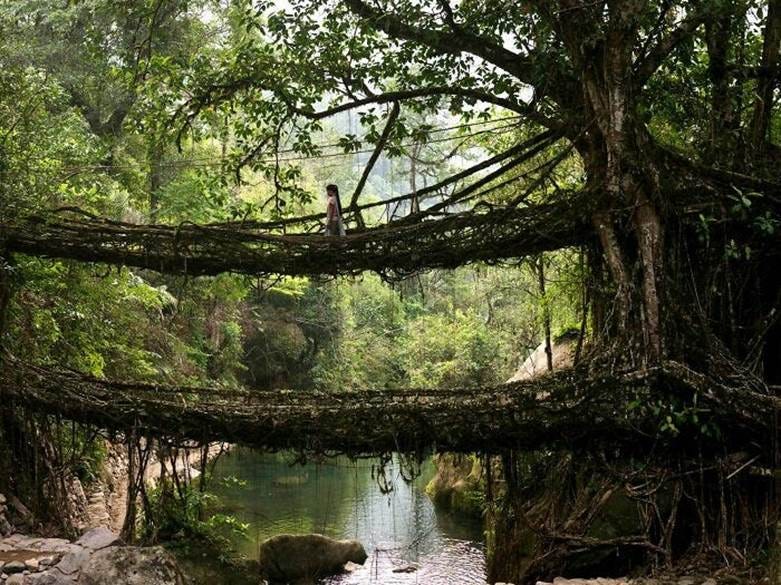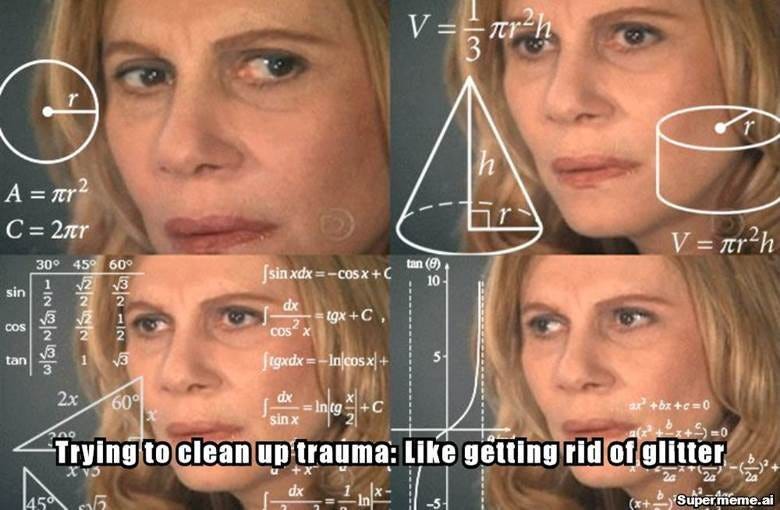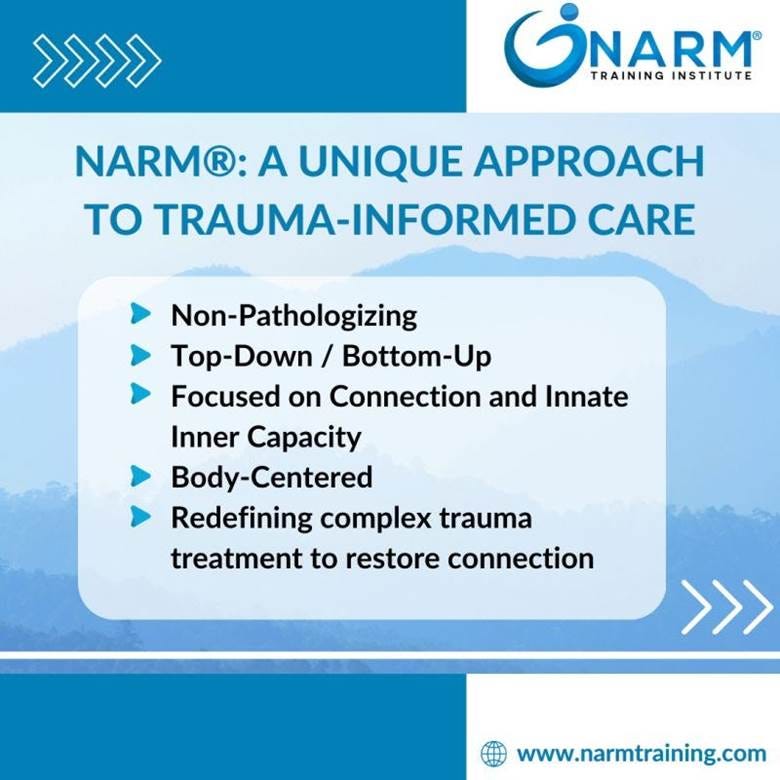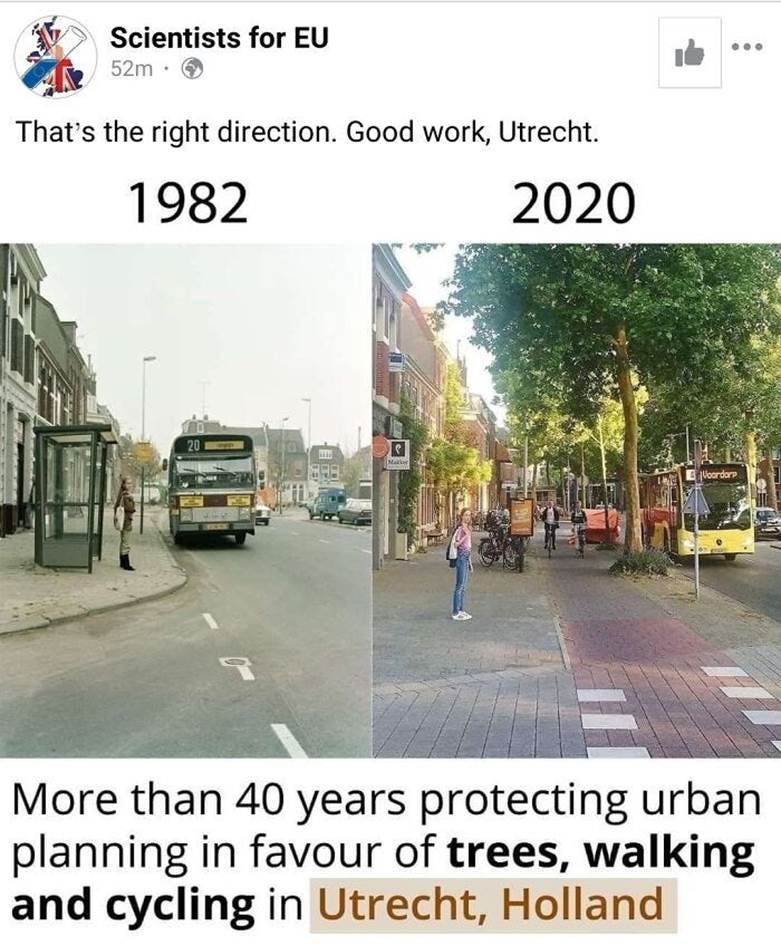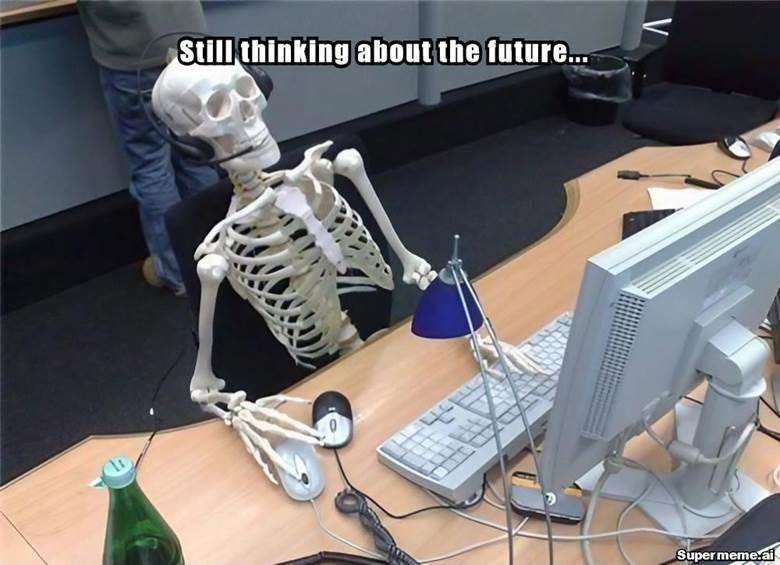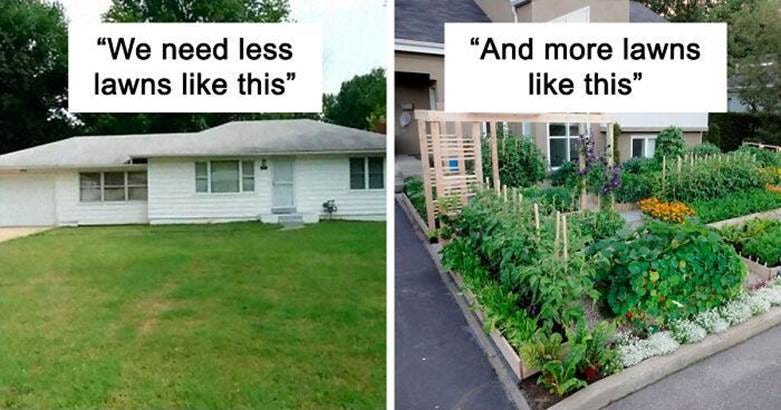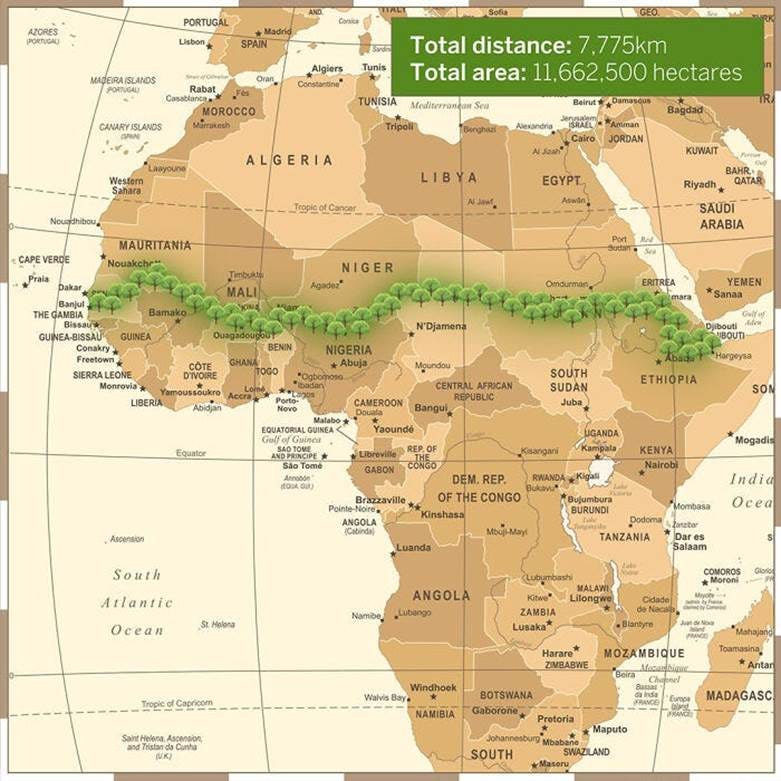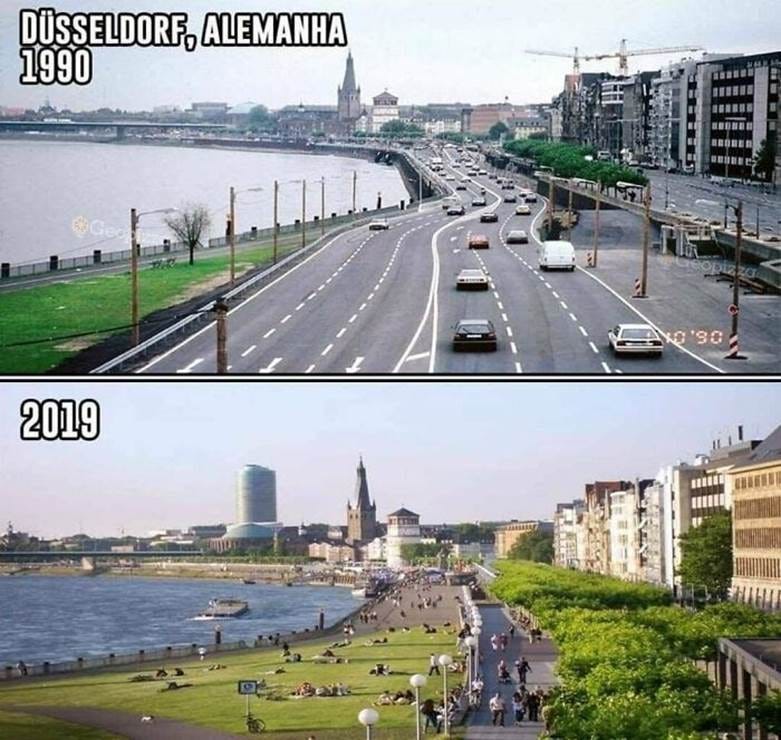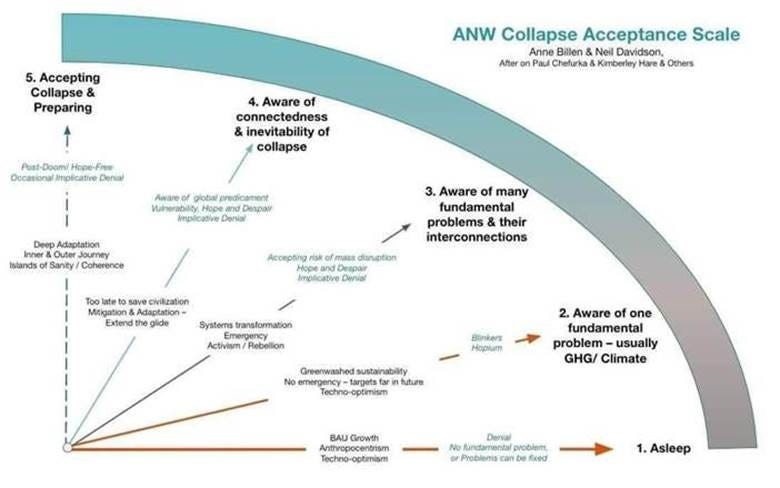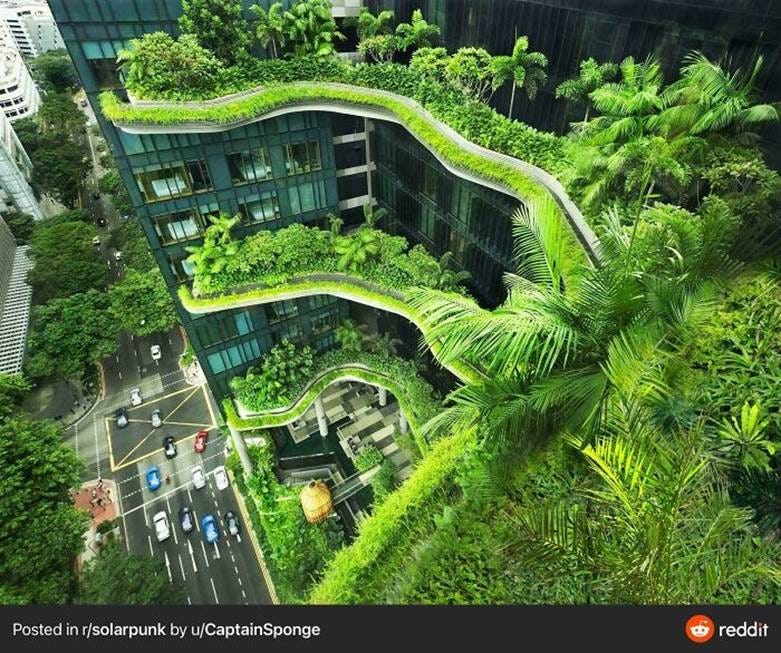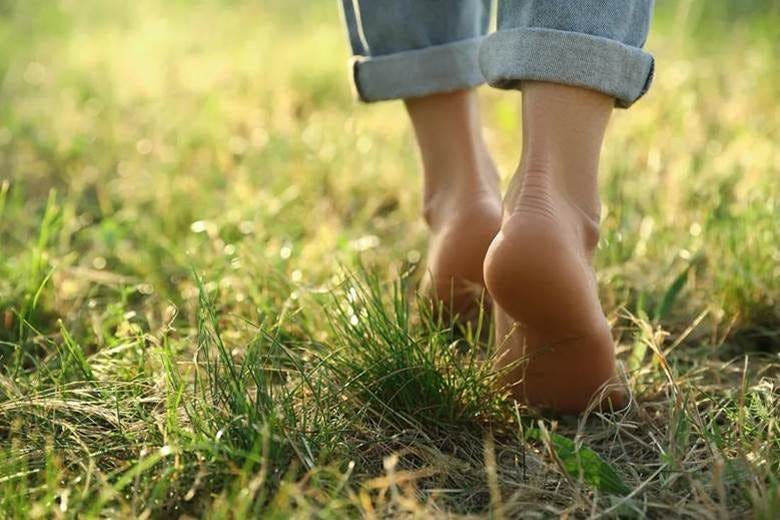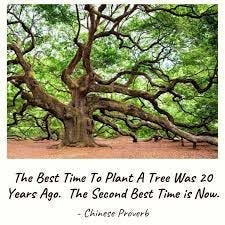Slowing Down in the Face of AI and the Metacrisis
The vehicle of soul initiation for awakening to our current Anthropocentric moment, finding ontological friends, and acting cosmolocally with intergenerational transmission as people of place
People hate long essays, but love short books. For that reason, this is a short book.
# Table of Contents
1. Introduction: Writing and Current Challenges
2. The Metacrisis
- Environmental, Social, Economic, and Technological Convergence
- Wilson's Observation: Paleolithic Emotions vs Modern Technology
3. The AI Revolution
- Environmental Impact
- Economic Disruption
- Existential Risks
- Tech Investment and Infrastructure
4. Systemic Challenges
- The Concept of Moloch
- Coordination Failures
- Need for Anti-fragile Systems
5. Cultural Evolution
- Meta-cognition in the Age of AI
- Post-Truth Era Challenges
- Becoming "People of Place"
- Cultural Maturation and Eldering
- Soul Friendships
6. Trauma and Transformation
- Collective Trauma's Role
- NARM Approach
- Soul Initiation and Development
7. New Models and Solutions
- Taiwan's Digital Democracy
- Disaster Relief Networks
- Ontological Friendships
- Reconnecting with Nature
8. Future Directions
- Human-Technology Integration vs Natural Connection
- Creating Islands of Sanity
- Building Regenerative Communities
~
Writing has been fits and starts lately like a choking leaf blower. I find myself stuck in-between, dark in a cocoon- the imaginal cells yet to unify. And it’s a launch and fizzle kind of fireworks show in these word document experiments of vector. The manifesting generator in me wants to write a book with all the topics that capture my attention. When I write about spirituality and desires for attracting ‘ontological friends.’ Then my attention drifts to ethics. Bound like a fly in this gross webbed world of disembodied transmissions. Then it’s popping off in another direction: techno-feudalism, and a seven generations perspective- inner and outer prepping. But this type of writing and research pains my spirit like a raptor with clipped wings. I hear myself, “stop reading the writers that are orienting this way.” It’s already crashed, stop rubber-necking.
Francis Weller’s grief work has been helpful to cope with the currents and I continue to return to Bucky’s quote, "You never change things by fighting the existing reality. To change something, build a new model that makes the existing model obsolete." This helps me reorient and let go of “the pull” as described by Peter Limberg.
Find North, I tell myself and stop looking back. Enjoy the early morning eastern sun on your cheeks, the warm west wind across your chest, feel the southern skies on your neck, but don’t look back. There’s too much to track in the blizzard of our present global moment.
Take the next step.
That’s it.
Technology and egocentric consumerism is herding us edgeward for many cliffs hidden in mirages of tech-utopia. This seems objective in my mind. We can argue about this- protein folding, etc. I’m up for the conversation. The feels that accompany this kind of orientation are motivation wanting to be part of something and help the transformation with ease and grace, the optimism in the heart of this catalyzing period of great transition—holy hope for the “longer now”, despair in the extra-innings comeback needed to tie the game and play another as humans versus tech innovation, and the stuckness in my root witnessing myself and others staying grid tied and bound to electromagnetic plumes we call cities and the ideologies housed within them. The North Wind is calling and asking to be met face-first.
The more I tangle myself inside this mess of immobility and waffling agency, the more energy is wasted and directed away from the critical disaster mission at hand. The earth is offering up natural disasters as koans, and we are the disaster relief team students. If you’re reading this you probably know the oceans would continue to rise for hundreds of years if we kicked our fossil fuel addiction entirely, worldwide, today. And you probably have an idea that our economy is on thin ice and inflation has already melted the middle class like polar icecaps, and more.
The questions I keep raising for myself is, “what is most important? And where am of most service?”
I’m reminded of the journey laid out by friend and brother Jerry Riverstone on Evolution Local: It begins with helping people wake up to the anthropocentric predicament (awakening seems to be accelerating, don’t you think?), awakening to the miracle (where are the ‘ontological friends?), awakening to a shared sense of identity and purpose (how do we facilitate more of this awakening?).
We stand at a pivotal intersection between technological acceleration and ecological collapse. As someone dedicated to positive change, I see both peril and extraordinary opportunity. The AI revolution and climate crisis aren't separate challenges – they're expressions of humanity's need to evolve beyond our current stage of development.
Our immediate tasks are clear: We must build “Islands of Sanity” – resilient communities practicing regenerative agriculture, sharing resources, and developing local governance models. Taiwan's integration of digital democracy with citizen participation offers a practical blueprint. Simultaneously, we need to engage in the deeper work of shifting from ego-centric to eco-centric consciousness.
This transformation isn't just personal – it's archetypal. Like the metamorphosis of a caterpillar, we're experiencing the dissolution of old systems while the imaginal cells of new possibilities emerge. In a Mycopunk way, our task is to nurture these emergent patterns: decentralized networks of care, technological development guided by ecological wisdom, and economies built on relationship rather than extraction.
The timeline is short but the perspective must be long. Seven generations thinking must guide our immediate actions. While we implement practical solutions like community resource sharing, villaging, and local food systems, we're also midwifing a new chapter in human evolution. Every act of connection – whether planting a garden, writing code for decentralized governance, or creating art that awakens others – serves both our immediate survival and our species' transformation.
This is the great work of our time: to remain clear-eyed about our predicament while embodying the emerging possibilities of a more beautiful world. The path forward requires both pragmatic action and deep inner work, technological innovation and ecological wisdom, local focus and planetary awareness.
What follows is the edited version of an essay written prior to the election in 2024. It was a frankenstein mash up of many essays reorganized and now re-published. I hope you enjoy it. Please leave a comment below.
If you’re listening rather than reading, I want you to know that I’ve embedded many links in this essay, created memes that I find silly and add levity to the situation as well as some valuable visuals that bring dimension to some of the topics discussed. I hope you will have a look if you can read along to the audio.
This essay is less about informing and more about expanding, including, and orienting. As we include more into our circle, the orientation shifts and awareness expands. That’s what I hope for us here in the tension of becoming more human with the transhumanist movement. And the impacts for life on our planet as a result of runaway, disembodied western thought.
For the past many months, I've been immersed in a van conversion in the desert. It’s been enlivening to find splinters in my hands and man glitter in my hair— 30 degree Fahrenheit mornings and sun filled Sonoran Desert afternoons, feeling invigorated by direct contact with nature— enjoying coyote howls, eye gazing with hawks and rattlesnakes in connection with life in the desert. Fox visits my camp nightly. It’s a gift.
Despite the challenges of off-grid living and building, which is like building a plane in flight, I've embraced a slower, more contemplative approach to the build as time has gone on; balancing work on the build, work with clients, leading groups, and my own learning and contemplation. This experience has reinforced my belief that evolution requires slowing down, a stark contrast to the fast-paced over-culture all around. And a microcosm of our much needed systems poetry of today—mid-flight, building.
My perspective takes shape like that old adage; “Enlightenment is an accident, but spiritual practice makes one accident prone.” Slowing down is spiritual practice and gives space for soul work.
Buddhism and Psychedelics have inspired much of our current technological landscape as well as our consciousness landscape in the west over the last 70 plus years. Today, we are at the door of something new and unknown altogether.
The zen temple I lived at in the Santa Cruz mountains a few years ago, founded by Kobun Roshi was also Steve Jobs’ temple and Kobun, Jobs’ teacher. Buddhism was a shaping force in his life and I’m sure you remember him saying that LSD was one of the most powerful experiences of his life. He went on to create Apple, one of the big 7 tech stocks keeping the US markets afloat years after his death.
An early commercial showcasing Macintosh the computer positioned his company as an antithesis to Orwell’s 1984. As the years have gone by technological innovation has gone parabolic. Along with much of the corporate world, morals and ethics have been left behind making dystopian futures loom just beyond the horizon if they aren’t here in many ways already.
Our moment is different from the Orwellian dystopic future as control takes the form of comforts and conveniences rather than restrictions in the 2020’s. My uncle on Pine Ridge reminded me that the first Macintosh was $666. This sticks with me today as it seems tech is mostly an attempt to recreate less viable versions of things nature already provides. It’s insane if you think of innovation this way. Why are we making toys? Tools? For leverage? Against what?
Recent global environmental events and the election intensified awareness of the challenges facing us as a species. The great extinction we are in screams louder now. It seems many are catching up to what’s been visible on the horizon from atop neighboring ridges after seeing the policies rolled out early in the new administration. Things are changing and fast.
At the beginning of the summer of 2024, I could feel the viscosity in the air and that saying, “welcome to the age of anxiety” permeated my being. I knew it wasn’t my anxiety, but collective anxiety and that hit me like a brick. This essay isn't about being a “doomer”, but rather an exploration of our current situationship with ourselves, each other, our systems, and our planet. As well as the many potent potential paths forward. It’s not just about AI or the meta-crisis, but the opportunity that’s in front of us as a result of ever-increasing global intensity. There’s a miracle here if we have the eyes to see it.
I like to remind myself that evolution can occur suddenly, like a caterpillar transforming into a butterfly. It’s my hope that humanity is entering a similar transformative phase, metaphorically cocooning to emerge as something more evolved and beautiful. As AI evolves, we will evolve. We must transform collectively to avoid annihilation from any of the many crisis’ we face, accelerated by AI.
Same adage from before with a twist, “consciousness evolution is an accident, but soul work makes the collective accident prone.”
The soul work necessary to meet this moment grows more eco-soulcentric elder “peoples of place”, nested within neighborhoods, watershed ecosystems and bioregions. It’s a practice of regenerating the biopsychosocial environments within us as humans, as well as regenerating the physical environments we live within and creating the optimal elements for wild, embodied, imaginal human cells to come online and facilitate abilities and work in harmony with Earth’s moving needs. New words and languages may form with novel emergent experiences as shared realities return in a fresh and vibrant aliveness with bio-regional native dialects expanding.
Unique decentralized governments and economies arise out of necessity, defiance, and from catching the vibrational resonance of what it truly means to be a human on Earth. In time the latter becoming highly transmissible. It’s a catalyzing moment. Having the patience to zoom out and realize were turning the ship of consciousness that’s been moving for decades and the urgency to zoom in and recognize what’s happening where we live is holding a dual vision. Another dual vision necessary is that of civilized and wild humans. We must “re-wild.”
The Metacrisis
We are at the convergence of multiple crises; environmental, social, economic, and technological threatening life on our planet. Many people recognize just how thin the tightrope is and how wobbly the house of cards has become. It was this way before AI and to stay with those metaphors— the wind has accelerated the moment.
This image from the article Explaining Polycrisis and Meta-crisis shows how complex the human game has become:
This sickly web of interconnected crisis’ demands immediate evolution of collective consciousness and new approaches to confronting reality.
It’s urgent.
So, let’s go slow.
Biologist Edward O. Wilson says, “The real problem of humanity is the following: We have Paleolithic emotions, medieval institutions, and godlike technology. And it is terrifically dangerous, and it is now approaching a point of crisis overall.”
TLDR; we need a shift from a culture of egocentrism to one of ecocentrism to survive.
The Great Turning in the Age of AI
We find ourselves standing at a pivotal and precarious precipice. The wind is howling and it’s night. The challenges before us are massive and urgent, but so too is our potential for transformation at the edge of this threshold— a call to evolve our consciousness, our cultures, and our systems in profound and rapid ways. It's an invitation to participate in what eco-philosopher Joanna Macy calls “The Great Turning” - the transition from an industrial growth society to a life-sustaining civilization.
As I sit here watching the full moon rise over the desert, I'm with wonder about human existence and our place in the cosmos. While uncertain about our ultimate purpose, I find meaning in the sensory experiences of life. The path forward is not easy and definitely not certain, and time is of the essence— before us is an opportunity to turn this time of crisis into an era of awakening and renewal.
This journey will require courage, imagination, and a commitment to all life in the face of incredible challenges. If we embrace this, we may discover that we are capable of far more than we ever imagined. I don't believe we carbon life forms are here to serve as mere "boot fill" for silicon life forms and a singularity. How about you?
Paradoxically, this time of urgency is also an invitation to slow down.
This moment is an opportunity to take a breath and a deep bow to the magic of life. It presents an invitation to slow down and appreciate life's beauty, even as we face numerous challenges. Many of us are striving to counteract societal trends while reconnecting with more primitive ways of being in a time seducing us more and more into the virtual. It’s important for us to remember:
“We can’t do it alone and no one can do it for us”.
The AI Revolution: Navigating the Great Transition
Anyone following the trajectory of climate change recognizes that we are in a predicament. When we zoom out, it’s easy to see the cumulative effects of our actions over time; technological progress, economic systems, and cultural paradigms have created a nexus of global challenges. These challenges have accelerated exponentially in recent years.
And the question remains:
“What does it take for any of this knowledge to matter!?”
We're witnessing an unprecedented acceleration in AI development that mirrors the Manhattan Project in scope and urgency. In 2024, tech giants invested billions in nuclear-powered AI infrastructure - Google building seven reactors, Microsoft restarting Three Mile Island, and Amazon investing over $1 billion in nuclear facilities. The first five months of 2024 saw $22 billion poured into AI data centers globally. The top stocks in the world are tech stocks and the top tech companies are working on AI. The entire market is propped up by AI. The government has joined the party as the new president recently allocated $500 million to AI development.
This rapid expansion creates three critical challenges:
Environmental Impact
AI is increasing energy consumption despite efficiency gains
92% of oil companies now use AI to optimize extraction
Data centers strain power grids and compromise renewable goals
The Jevons Paradox: efficiency improvements lead to higher consumption
Economic Disruption
Mass job displacement across all sectors
Concentration of power in tech giants
Creation of an "AI aristocracy" and technofeudalism
Traditional markets becoming unrecognizable
Existential Risks
Potential emergence of superintelligent AI
Enhanced surveillance capabilities
Cognitive atrophy from over-reliance on AI
Binary choice between anarchic decentralization or autocratic control
We need a third path that balances innovation with wisdom. This requires:
Democratic oversight of AI development
Local community resilience
Education in human-centric skills
Environmental impact assessments
Ethical frameworks for deployment
The scale and speed of these changes demand immediate action, but we must move thoughtfully. Like splitting the atom, AI's power can either serve humanity or destroy it. Our challenge is creating governance structures that harness its benefits while preventing catastrophic outcomes.
Stave them off until the 100th monkey is a “person of place”.
The path forward requires both technological sophistication and ecological wisdom. We must transform our “move fast and break things” mentality into “move carefully and preserve what matters.”
As AI continues to evolve and integrate into various private and government sectors, including military operations and law enforcement, it becomes crucial to address not only its direct environmental effects but also its broader societal implications to ensure a sustainable and ethical technological future. What’s the 3rd way of moving forward with this technology that doesn’t leave us in a free-for-all or autocracy?
The complexity of government regulation and private sector integrity to develop ethical frameworks, governance structures, and educational systems that can harness AI's benefits while mitigating its risks is urgent.
We need embodied ethics in the Age of AI— On Future Fossils podcast, an interview with Josh Schrei from the Emerald Podcast.
Moloch
The concept of Moloch, represents a complex set of interconnected issues and failures in society. Daniel Schmachtenberger characterizes Moloch as “the god of negative sum-competition” or “coordination failures,” embodying forces that drive unhealthy competition and race-to-the-bottom dynamics (in a social media context- a race to the brain stem to incite fear and rage) in pursuit of short-term individual gains at the expense of collective well-being.
Moloch is essentially already a form of malevolent AI embedded in our institutions and economic systems, driven by distributed human minds and accelerated by economic incentives— a destructive egregorian manifestation of “weitiko.” This shows up in situations where individuals or groups are compelled to act in ways that lead to collectively worse outcomes, even if they recognize the harm.
Rapid technological advancement, especially in AI, acts as an accelerant for Moloch-like traps, increasing systemic risks and instability. The analogy of “whac-a-mole” is relevant to describe the ongoing nature of addressing AI harms and biases according to Charlie Johnson, author of ‘Untangled’. The key lies in rapidly developing these “anti-fragile” systems - social and technological infrastructures that actually become stronger and more resilient in the face of volatility and stress. This involves creating decentralized, self-organizing systems that can adapt and evolve in response to changing conditions, including the disruptive effects of AI. The concentration of AI power could quickly lead to irreversible changes in our social and economic structures.
We need to change the game. “Anti-rivalrous" systems that align individual and collective incentives, creating positive-sum outcomes rather than zero-sum competition is imperative. James P. Carse, ‘Finite and Infinite Games’ highlights the distinction.
We can re-imagine our economic, political, and social institutions to foster cooperation, steeped in long-term thinking, and brewing with holistic problem-solving. This has to start small scale— at home in our own kitchens.
As David Graeber would say, “The ultimate, hidden truth of the world is that it is something that we make, and could just as easily make differently.”
Can you imagine daily life differently? Community collaboration and less need to work a “job” because life is simplified. More art. More creativity. More ecocentric innovation.
The Urgent Necessity for Cultural Evolution
The same technologies that could empower individuals and communities could also be used to exert extreme levels of control and manipulation.
AI is a prediction machine. Humans often lack self-awareness. This offers AI an opportunity to know us better than we know ourselves and predict our thoughts. We already see this with social media algorythims and device cameras. A rapid upleveling in meta-awareness is necessary to avoid more large scale manipulation.
Increasing our human meta-cognition is a niche of deep service to humanity and the more-than-human world. How aware are you of your thoughts? Do you know how your mind works? Advanced AI will, so now is a good time to get a jump on it my friends. It may only be a few years before they’ve gathered enough data from your cameras and algorythims to have our movements predicted and those staying in the matrix to be completely manipulated—more than already.
Deep fakes are becoming more prominent everywhere on the internet. A deep fake is a video edited by AI to look real (and they do, you can’t tell the difference with some). Deep fakes have been used to promote disinformation, influence elections, fake news, celebrity porn, and other hoaxes that look real, but aren’t. To trust what’s coming through, reposted on social media without criticality shapes our perspectives.
In this time, it’s imperative to have some hold on reality. We’ve entered the Post-Truth Era. Think, concentric circles; metacognition (knowing how I think and operate), intimate realtionships (bonding with people and place and finding high-trust in close connections).
Becoming “People of Place”
“People of place” refers to individuals and communities who develop deep, multigenerational relationships with their local environments through direct interaction, stewardship, and traditional ecological knowledge. These relationships go beyond simple resource management to encompass cultural, spiritual, and practical connections that shape both the land and its many species and elemental inhabitants.
Authentic environmental stewardship emerges from sustained presence and intimate understanding of local ecosystems, weather patterns, species interactions, and natural cycles. Unlike transient or extractive approaches to land management, people of place cultivate “reciprocating relationships” - a dynamic exchange where human communities both tend to and are sustained by their environments, often incorporating traditional wisdom passed down through generations.
Microsolidaity is a great resources here. Neighborhood groups, community-building, communal living, sharing resources, building “ontological friendships” etc. And advocacy for larger circles such as townships or the more earthy version- watershed. In a time asking us to be involved with everything happening all across Earth, it’s our own watershed that gives us life and will as we head into this “great simplification”.
The metacrisis calls for both an internal and cultural evolution in consciousness- a fundamental re-imagining of our relationships with ourselves, each other, the living and conscious Earth, and the skilled machines we are creating. This enlightenment must be both deeply personal and profoundly collective, involving transformation at every level of our being and society.
Cultural Maturation: From Transformational Action to Transformational Presence: “Eldering”
The metacrisis, at its core, is a crisis of culture. Wisdom in the Anthropocene is counter-cultural.
The path of wisdom, following individual dharma and aligning with the Tao or universal energy; particularly in AI, tech and systems design, can assist in turning the massive ship of consciousness. Because our dominant cultural narratives, values, and institutions are no longer adequate to meet the challenges we face, Ecopsychologist Bill Plotkin's work on the developmental stages of human growth offers a framework for understanding our current cultural impasse.
As Plotkin highlights, our “developed” societies are largely stuck in a state of “patho-adolescence,” characterized by consumerism, conformity, and domination. This arrested development at a cultural level prevents us from maturing into the kind of holistic, eco-centric adults and elders that our world so desperately needs. The urgency of our situation demands that we accelerate this cultural maturation process by slowing down.
In short, culture making is a process of both becoming ecocentric adults and elders.
The journey towards cultural maturity requires what Plotkin calls a “descent to soul” - a profound process of individual and collective transformation that allows us to discover our ecological niche and greatest possible contribution to the world.
This is not a journey of ascent or transcendence, but a descent into the depths of our wild, embodied nature and our intimate relationship with the living earth. This reconnection with our embodied, ecological selves becomes even more crucial as a counterbalance to the increasing digitization and virtualization of our lives. Continuing to play the game as is will increase the pull toward artificial simulation and away from direct, embodied experience.
Psychedelics and Rites of Passage aren’t the ‘Journey of Soul Initiation’ but can be part of it. And in our culture of denial that often denies death and aging, embracing grief work and the concept of 'dying before you die' can also help us reconnect with neglected aspects of the human experience, facilitating wholeness. By collectively engaging in somatic movement and celebration, such as crying and dancing together, we might significantly enhance the quality of our lives during this time of increasing helplessness.
Integral Consciousness and Ontological Friendships
Integral consciousness and the work of Claire Graves, Don Beck, Ken Wilber and others allows us to hold multiple perspectives simultaneously, integrating insights from science, spirituality, psychology, and indigenous wisdom traditions. It enables us to see the interconnections between seemingly disparate problems and to develop more holistic, systemic solutions robust enough to withstand collapse and ideally ones that grow stronger in the process.
Ontological Friendships
In our anthropocentric predicament, the Celtic practice of 'anam cara' or soul friendship offers a regenerative model for growing mature, place-based communities. The disconnection from Earth, from each other, and from ourselves manifests in our digital obsession, where people scroll endlessly while feeling deeply alone. Since the 1980s, societal shifts have increased this sense of isolation- parents restricted children's play, cities were designed for separation, and social media trained us to curate personas rather than cultivate authentic presence.
The path to regenerating Earth requires us first to regenerate our capacity for genuine connection. This involves understanding Earth's nested systems, including the delicate ecology of human relationships. Yet many find themselves caught in a painful paradox: yearning for connection while fearing the vulnerability it requires. Within this metacrisis lies transformative, even miraculous potential- the possibility of cultivating deep relationships that can restore both human and ecological communities.
The path toward regenerative culture requires what philosopher John O'Donohue calls “interiority”- a rich inner life developed through authentic connection with both human and more-than-human worlds. O’Donohue often recalls the inspiring Western Coastline of Ireland and how it impacted his expansive, wild imagination and his relationship with his own inner landscape. Nature and people cannot be separated and taken out of context.
Anam cara or soul friendship, is a special friendship where one is “understood without mask or pretension.” Like mycorrhizal networks nurturing forest communities, soul friendships create the conditions for mutual growth and transformation. These relationships, sustained through “continued mutual forgiveness” and exchanges of emotional labor, as poet David Whyte describes, provide the fertile soil from which mature ecological consciousness can emerge in every neighborhood.
"People of Place" demonstrate how cultivating dual intimacy - with both local ecosystems and human communities- creates environments where “eco-soulcentric” maturity might arise. Through direct interaction, traditional ecological knowledge, and intergenerational storytelling, they maintain cultural and practical wisdom that shapes both land and people. Just as healthy soil requires diverse organic matter to support life, healthy communities need the "biomass" of authentic relationships to nurture ecological awareness and regenerative action.
In the shelter of such soul relationships, people can emerge from what I’m calling our "ontological slumber" into mature engagement with reality. By supporting each other through generosity, vulnerability and presence, soul friendships help navigate both grief and joy while inviting the adult consciousness needed for this time of transformation. As regenerative designer Joe Brewer notes, this combination of indigenous wisdom and modern understanding creates pathways for healing at all scales- personal, communal, and ecological. Through these living networks of relationship, we can begin to cultivate the embodied wisdom needed to midwife the more beautiful world our hearts know is possible as well as emergent possibilities yet to be imagined.
The Role of Collective Trauma in the Metacrisis
From a trauma-informed perspective, the metacrisis we face today can be understood as a manifestation of collective developmental trauma and the ensuing adaptive survival strategies on a societal scale. My teacher Brad Kammer, in his thesis ‘Trauma and Civilization’, argues that our modern society is fundamentally shaped by unresolved historical and intergenerational trauma. This collective trauma has led to widespread disconnection - from ourselves, from others, and our natural world - which lies at the root the crises we face.
The NARM (NeuroAffective Relational Model) approach emphasizes that it is not the traumatic events themselves, but the adaptive survival styles we develop in response to trauma that perpetuate our problems.
It’s how we respond that creates our sense of self.
In this context, it’s easy to see how societal survival styles have become deeply ingrained in our “culture” and economic systems. We live in a trauma culture and these adaptive patterns, while originally meant to protect us, now threaten our existence.
Addressing our current circumstances, therefore, requires a deep healing of our individual and collective trauma and a restoration of our innate capacity for connection with ourselves, each other, and the more-than-human world.
This healing process of dis-identifying with our adaptive strategies is essential for transforming our patho-adolescent “culture” into one capable of mature, life-sustaining relationships with all of creation.
Bill Plotkins Eco-Soulcentric Developmental Wheel: Stages of Life, Rites of Passage, and Cultural Transformation: The Path of Soul Initiation in the Digital Age
If you’ve made it this far, you probably recognize that purely technological or policy-driven solutions will not be sufficient to confront the metacrisis. We need a deeper transformation at the level of consciousness and culture. And fortunately for us, there is a map— the ‘Journey of Soul Initiation’ takes us beyond our socially constructed identities and into a direct experience of our ecological niche - our soul's purpose within the larger web of life.
This initiatory process is not just about personal growth or self-actualization.
It's about uncovering our unique gifts and bringing them into service of the more-than-human world. It's about becoming a "visionary co-creator of a life-enhancing future."
This path offers a way to address the root causes of the metacrisis by fostering a new generation of mature, ecologically attuned humans capable of reimagining and recreating our cultural systems from the ground up. In the face of AI's rapid advancement, this process of soul initiation becomes even more critical, as it helps us reconnect with aspects of our humanity that cannot be replicated by machines.
The Limits of Conventional Thinking and New Models: Taiwan and Disaster Relief
Our traditional approaches to problem-solving are woefully inadequate to address the complexity and urgency of the metacrisis. Policy alone won’t help, nor will technological innovation. It must be an integrated approach. And there are models we can learn from. A governance model emerged in Taiwan that is particularly interesting— harnessing a non-violent movement with tech and open government offers hope for new and never before seen ways of creating consensus among large groups of people.
Following the Sunflower Student Movement in 2014, Taiwan opened up its government, making it one of the most communicative and interactive administrations anywhere in the world. This approach has reportedly increased public trust in the government. They use collaborative problem solving, consensus-building with AI, citizen participation and legitimacy.
Tristan Harris, producer of the popular Netflix Documentary, ‘The Social Dilemma,’ praises the work of Audrey Tang, Taiwan's digital minister, as "the best example of governance that we have." He explains that Tang "built a digital governance system that can leverage the collective intelligence of the people."
Natural disasters reveal how communities can rapidly self-organize into interconnected networks of mutual aid, much like mycelial systems in forest ecosystems. These emergent structures-- where neighbors support neighbors through decentralized but coordinated action-- offer a blueprint for reimagining social and economic relationships.
Just as mycelium forms vast underground networks that share resources and information among trees and plants, disaster response networks demonstrate how human communities can operate through distributed, non-hierarchical systems of care and resource distribution.
Ontological Friends
Ontological friends are people who share the fundamental understanding of our current planetary predicament and humanity's evolutionary potential. They recognize both the immediate crisis (AI acceleration, climate change, societal upheaval) and the deeper metaphysical context of human consciousness evolution.
These relationships form around a shared commitment to being "visionary co-creators of a life-enhancing future."
Unlike conventional friendships based on shared interests or circumstances, ontological friendships arise from a mutual recognition of our role in "The Great Turning." These connections bridge the practical and mystical-- partners in both building tangible solutions (like regenerative communities and ethical tech governance) and engaging in the deeper work of consciousness transformation.
In our current age of transition, ontological friends serve as anchors and catalysts, helping each other navigate between the collapsing old paradigm and the emerging new one. They operate as "imaginal cells" in humanity's metamorphosis, recognizing each other by their commitment to both personal and planetary evolution.
Hi friend!
Reconnecting with the More-Than-Human World
Confronting this moment in time requires more than just individual psychological adjustment, policy changes, and socioeconomic realignment. It demands a shift towards a state of well-being that encompasses not just personal satisfaction, but a sense of meaningful contribution to the larger systems we're part of.
As we evolve through higher stages of consciousness, our sense of self expands to include ever-wider circles of care and concern. At the highest levels, our individual happiness becomes inseparable from the well-being of all life.
As AI systems take over more routine tasks and jobs, this shift towards ‘integral happiness’ becomes even more critical. We must urgently redefine our notions of work, purpose, and fulfillment in ways that are not easily replicated by machines. We must embed ourselves within our neighborhoods, watersheds, and bioregions.
We can use this invitation to place emphasis on our interpersonal relationships, imagination, creativity, emotional intelligence, and spiritual development-- areas where humans still hold a significant advantage over AI. As well as increasing focus on human connection practices and inter-species communication. Unique investment opportunities hide here, in plain sight.
How can we become more human as technology permeates all aspects of life?
David Abram's pioneering work in ecopsychology offers insights into how we might begin to heal the rift between human culture and the natural world.
By reawakening our sensory attunement to the living earth, we can start to perceive the delicate web of relationships that sustain all life. This perceptual shift is not merely an aesthetic or spiritual exercise, but a fundamental and urgent reorientation of our understanding of reality.
Indigenous perspectives before and Abram's concept of the "more-than-human world", challenges the anthropocentric worldview that has dominated Western thought for centuries. It reminds us that we are not separate from nature, but deeply embedded within it.
Our cognitive processes, our languages, and even our sense of self are inextricably entangled with and emerging from the ecosystems we inhabit. This reconnection with the more-than-human world is not just about conservation or environmental stewardship. Our values must shift to include the broader ecological community we’re embedded within. Our strategies need updating as we find new and ancient ways of getting our needs met.
Much of my own tilt in this direction was and is influenced by my experience in the Native American Church, living on Pine Ridge Reservation with an 80 year old medicine man, and years of embracing Lakota ways and ceremony. It’s not a stretch to say that peyote saved my life and it’s difficult to express what ceremony did for my consciousness, but it changed me deeply both instantaneously and over time. When I try to speak of it I often feel something like Don Miguel Ruiz when he speaks of ‘the smoky mirror.’ It’s both complex and super simple. The morning I stepped out of that tipi a decade ago, my center of gravity had shifted from egocentric towards eco-soulcentric.
Our social structures, cultural values, lack of initiation rites, disconnection from nature, and cultural indoctrination, mean very few in the west make the shift out of egocentrism. Even those advanced in practicing relational practices often haven’t made this critical shift to include nature.
Plotkin estimates somewhere around 20% at best experience this shift. His book ‘Nature and the Human Soul’ served as my text book for Developmental Psychology in my Somatic Psychology Undergrad Program at Naropa University. I read the book a few times previous to the program and use it as a manual to refer back to often. It’s as comprehensive a map you will find.
It’s helped me make sense of where I am developmentally and helps me understand where others are as well. This developmental model along with that of Spiral Dynamics organizes the complex world we live in with people. Plotkin argues that only 5% of us reach true adulthood, and even fewer true elder hood. This is what we need to focus on most becuase it strikes at the root of the metacrisis. Elder making is culture making.
Let’s go slow and keep it simple
“Touch grass.”
We are at a fork or crossroads, with one path leading towards human/technological integration & transhumanism, while the other heads for a deeper connection with our humanness and Earth. This divergence in human evolution echoes the era when Homo sapiens and Neanderthals coexisted, potentially creating two distinct approaches to human existence. The choice between embracing advanced technologies or reconnecting with the natural world will significantly shape our species' future and our relationship with the planet, raising profound questions about human identity, societal adaptation, and long-term consequences for both humanity and Earth. We could very well see the emergence of a new species altogether— Homo imaginus. The one who imagines a new world into being.
A common dream among the like-minded individuals I encounter on this path of awakening to what’s actually happening in the world is the dream of creating sanctuaries or these 'Islands of Sanity' to bridge the gap between late-stage capitalism and whatever’s to come next, forming a mycelium network of healing and wholing within watersheds, across the globe. Personally, I long to build a temple-- a place to practice second-tier human relationships with ‘ontological friends’ in harmony with Earth. Currently that temple is a van and the body I inhabit.
Have nervous system regulation tools, will travel.
Patrick

